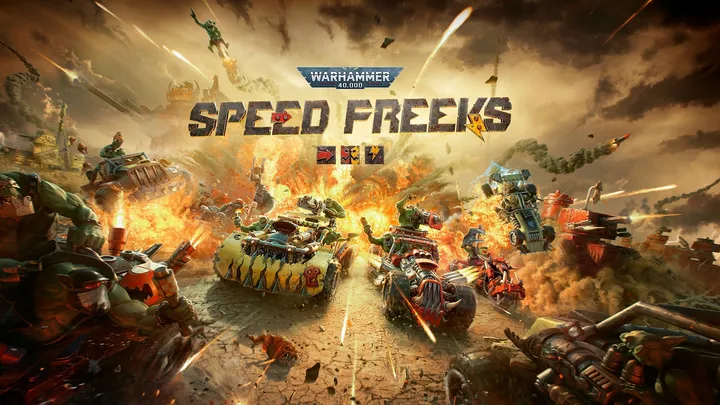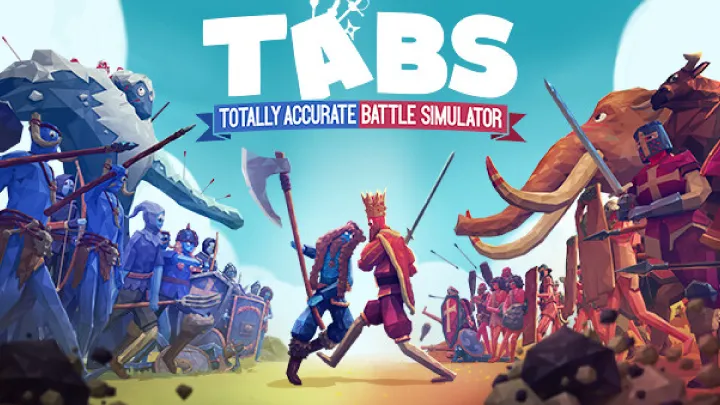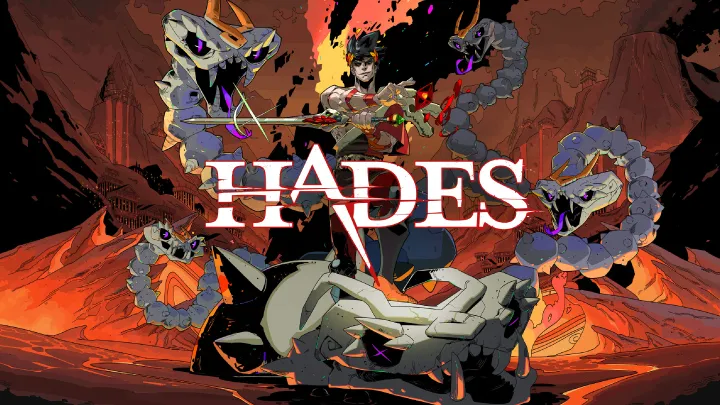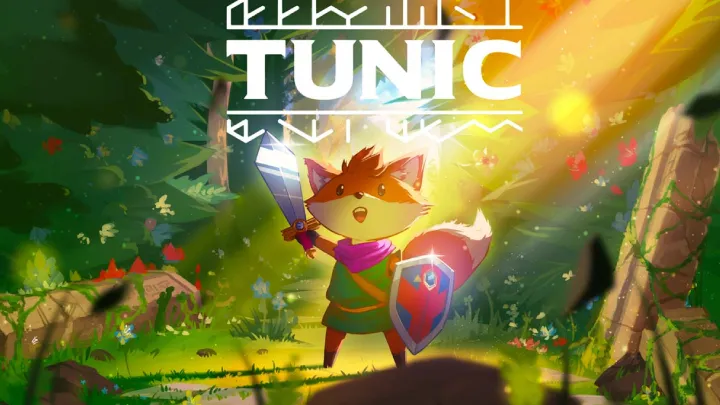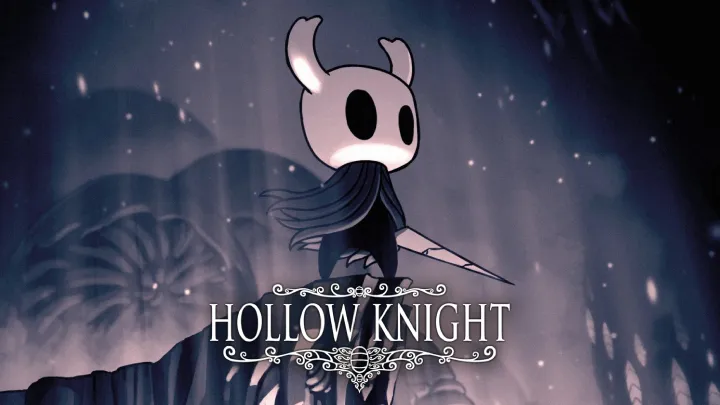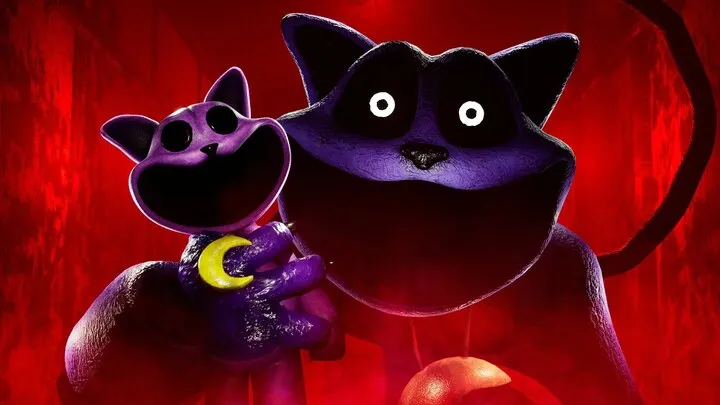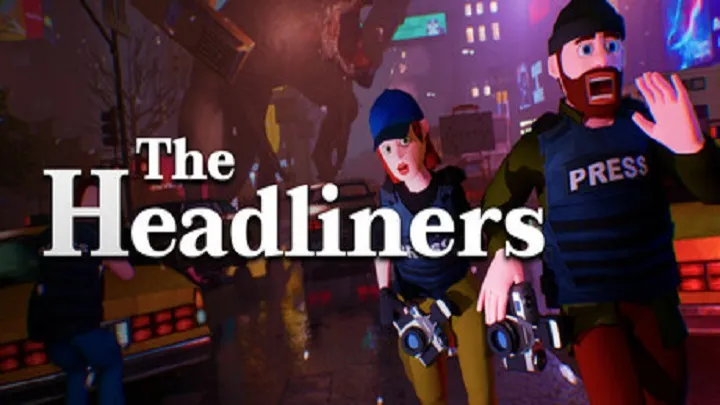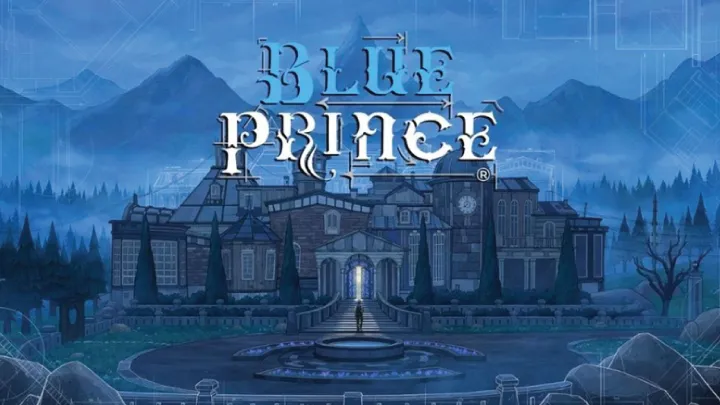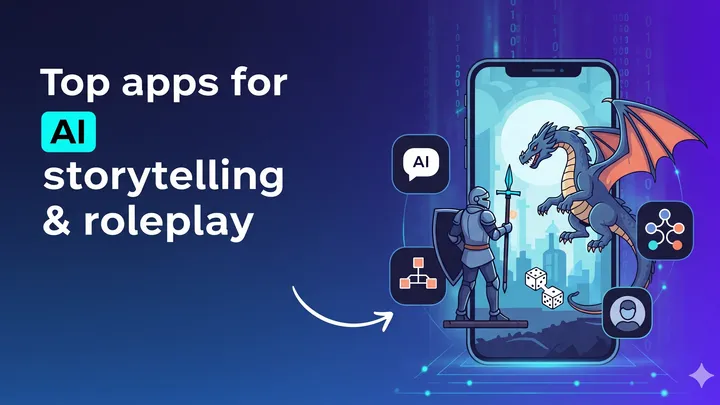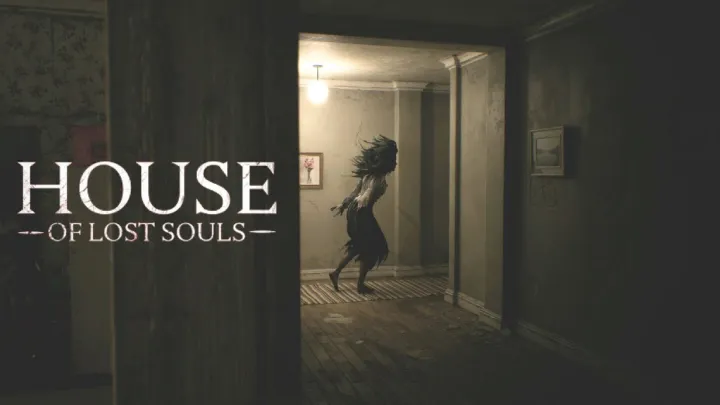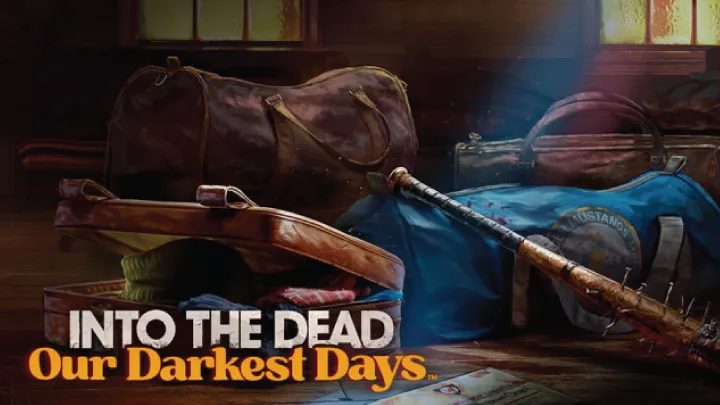Introduction
Shooter games have always been one of the most thrilling genres in the world of gaming. From their early arcade origins to today’s cinematic blockbusters, they have consistently evolved—bringing innovation in mechanics, storytelling, and technology. A few standout titles didn’t just succeed commercially but completely reshaped the way shooters are played, developed, and experienced. These games became iconic not only because of their gameplay but because they influenced future generations of developers and gamers alike.
In this article, we’ll explore five of the most iconic shooter games that transformed the gaming industry: DOOM, Half-Life, Counter-Strike, Call of Duty 4: Modern Warfare, and Overwatch. Each of these titles redefined the shooter genre in its own unique way—whether through gameplay mechanics, multiplayer innovations, or unforgettable narratives.
1. DOOM (1993) – The Birth of the Modern Shooter
Breaking Ground in the 90s
When DOOM was released in 1993 by id Software, it wasn’t just another video game—it was a revolution. Often credited as the grandfather of the first-person shooter (FPS) genre, DOOM introduced players to fast-paced, visceral combat in a pseudo-3D world filled with demons, weapons, and adrenaline-pumping action.
Why It Changed the Genre
- First-Person Immersion: Players experienced battles through the eyes of the protagonist, creating unmatched intensity at the time.
- Multiplayer Deathmatch: DOOM pioneered competitive multiplayer gaming with its deathmatch mode, laying the foundation for online shooters.
- Modding Culture: The game’s open design encouraged fans to create custom levels and mods, giving rise to one of the strongest modding communities ever.
Legacy
Without DOOM, there would be no FPS as we know it today. It proved that video games could be both technologically innovative and culturally influential. Even decades later, “DOOM-like” remains shorthand for classic FPS action.
2. Half-Life (1998) – Storytelling in a Shooter
A New Era of Narrative
Valve’s Half-Life wasn’t about mindless shooting—it was about immersive storytelling. Released in 1998, it placed players in the role of Gordon Freeman, a scientist trapped in the Black Mesa facility after an experiment goes horribly wrong.
Why It Changed the Genre
- Seamless Storytelling: Instead of cutscenes, the narrative unfolded through scripted sequences, making players active participants in the story.
- Atmospheric World-Building: Black Mesa felt like a real place, filled with scientists, soldiers, and terrifying alien creatures.
- AI Enemies: Soldiers and alien foes used smarter tactics, forcing players to think strategically rather than just shooting blindly.
Legacy
Half-Life showed the world that shooters could also deliver deep, cinematic experiences. It inspired countless story-driven shooters like BioShock and Metro, proving the genre could be more than action—it could be art.
3. Counter-Strike (1999) – The Competitive Revolution
From Mod to eSports Giant
What began as a mod for Half-Life quickly became a phenomenon. Counter-Strike (CS) turned the FPS genre toward team-based tactical combat, and its competitive balance made it the foundation for modern eSports.
Why It Changed the Genre
- Teamwork over Chaos: Unlike DOOM’s chaos, CS demanded communication, coordination, and precision.
- Round-Based Gameplay: Matches were short, intense, and full of strategic decision-making.
- Global eSports Legacy: Counter-Strike birthed professional competitive gaming, paving the way for global tournaments and streaming culture.
Legacy
Even decades later, Counter-Strike remains a pillar of competitive gaming, with CS:GO still one of the most-played games in the world. Its influence can be seen in Valorant and other modern tactical shooters.
4. Call of Duty 4: Modern Warfare (2007) – The Blockbuster Formula
Reinventing the Franchise
By 2007, military shooters were everywhere, but Call of Duty 4: Modern Warfare elevated the genre to new heights. Infinity Ward shifted from World War II to a modern conflict setting, creating one of the most cinematic shooters of all time.
Why It Changed the Genre
- Cinematic Campaign: Missions like “All Ghillied Up” became legendary for their atmosphere and tension.
- Killstreak Rewards: Multiplayer introduced addictive mechanics like UAVs, airstrikes, and helicopters, shaping future online shooters.
- Custom Loadouts: Players could personalize weapons, perks, and playstyles, increasing replayability.
Legacy
Modern Warfare not only saved the Call of Duty franchise but also defined the blockbuster shooter era. Its influence echoes in nearly every modern military FPS, from Battlefield to Rainbow Six Siege.
5. Overwatch (2016) – The Hero Shooter Revolution
A Fresh Spin on Shooters
Blizzard’s Overwatch was a game-changer when it launched in 2016. Instead of focusing solely on guns, it introduced a hero-shooter formula: characters with unique abilities, roles, and personalities.
Why It Changed the Genre
- Hero Diversity: Overwatch combined FPS action with MOBA-style abilities, making every hero distinct.
- Team-Based Objectives: Winning required synergy between tanks, healers, and damage-dealers, encouraging cooperation.
- eSports and Culture: With the Overwatch League, it helped elevate hero shooters into mainstream eSports.
Legacy
Overwatch proved that shooters could embrace color, creativity, and inclusivity while still offering competitive depth. Its success influenced games like Apex Legends and Valorant.
Conclusion
Shooter games are more than just action—they are cultural milestones that reflect the evolution of gaming itself. From DOOM’s pioneering chaos to Overwatch’s colorful hero-based battles, each iconic shooter reshaped the genre in profound ways.
Together, these five titles demonstrate how innovation, risk-taking, and creativity can leave a lasting impact not only on gaming history but also on generations of players worldwide.
